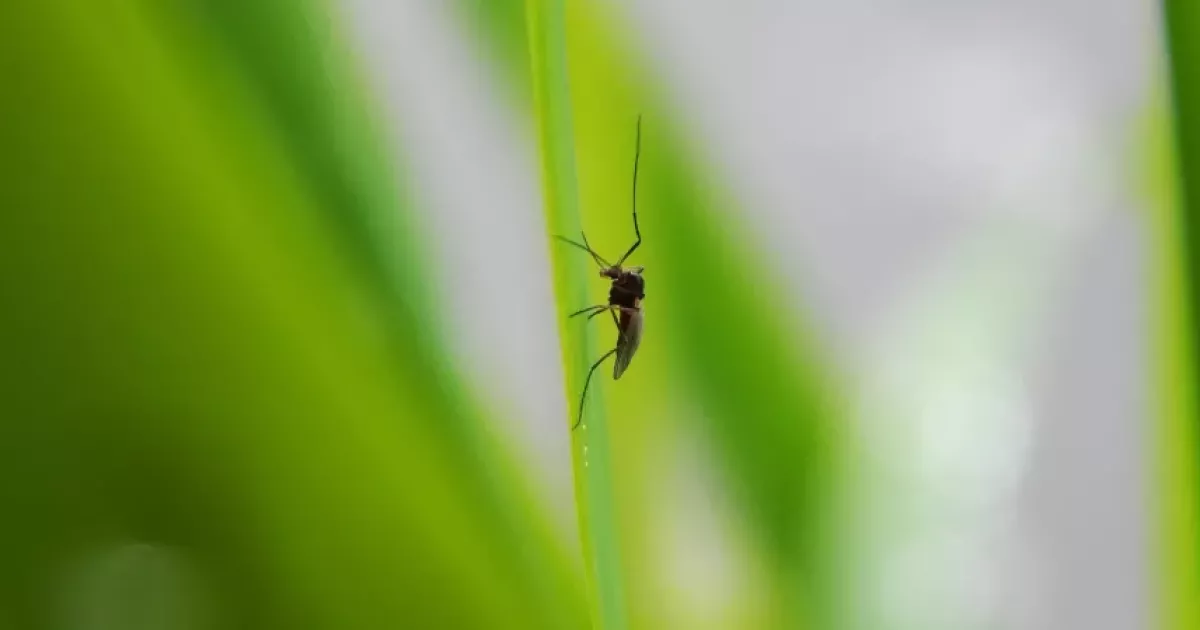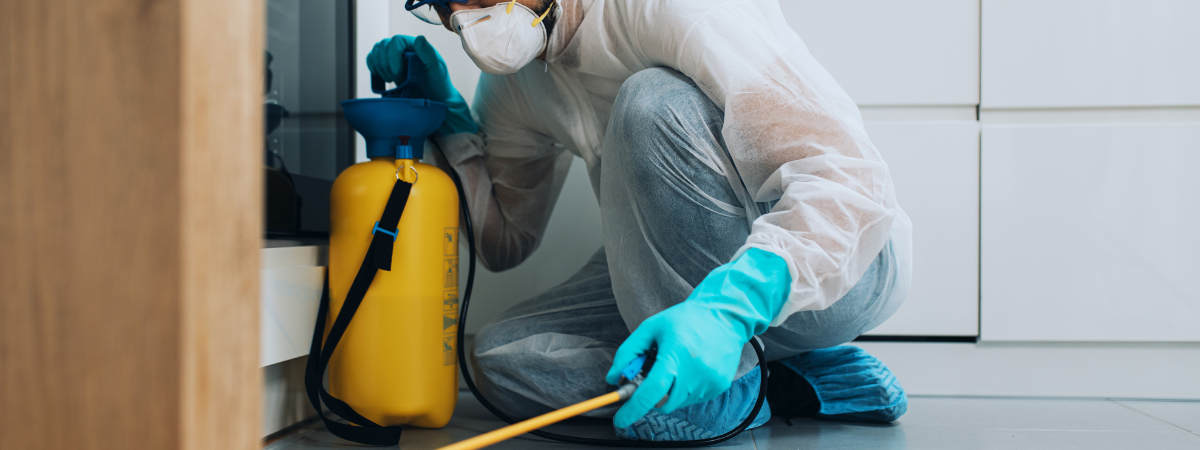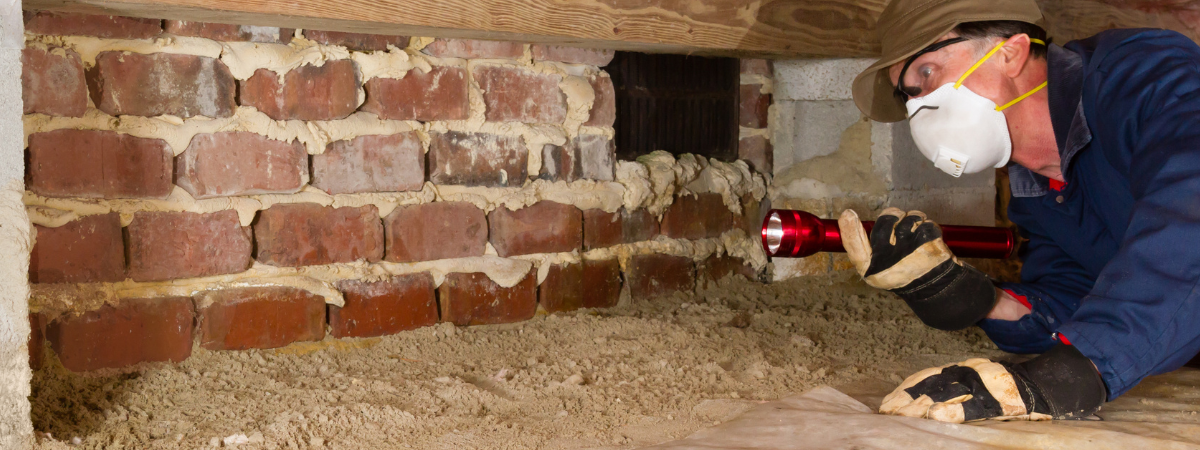Why You Need Mosquito Control In Charleston

The mosquito control in Charleston, South Carolina is growing rapidly. Mosquitoes are quickly becoming a major problem in SC. Mosquitoes are known to spread diseases like Zika, West Nile virus, and malaria, so the health of all Charleston residents is at risk.
Charleston has been experiencing consistently warmer temperatures over the past few years, which is ideal for mosquitoes to thrive in. Additionally, the city has several areas of standing water, such as swamps and ponds, which provide ideal breeding grounds for mosquitoes.
In response to this growing problem, various organizations are working together to reduce the mosquito population in Charleston. The South Carolina Department of Health and Environmental Control has implemented a comprehensive mosquito control.
Why are mosquitoes prominent in Charleston?
Mosquitoes are a major problem in Charleston due to the warm, humid climate of the Lowcountry. As temperatures rise and rainfall increases, mosquitoes thrive and multiply quickly. Besides their annoyance factor, mosquitoes also can carry dangerous diseases like West Nile virus and Zika virus which puts the citizens at risk of contracting serious illnesses.
What is being done to help stop the spread of mosquitoes?
The City of Charleston, in partnership with the South Carolina Department of Health and Environmental Control (DHEC), has implemented a variety of strategies to reduce mosquito populations. These include using larvicide treatments to kill larvae before they mature, trapping adult mosquitoes, and spraying insecticides to control adult insects. Additionally, residents can help reduce mosquito populations by removing standing water from their yards, either by draining areas where water may collect or introducing fish that feed on mosquito larvae. Finally, the City encourages citizens to wear protective clothing and use insect repellent when outdoors to minimize bites. By taking these measures, we can work together to protect our community from the dangers of mosquitoes.
What are mosquitoes attracted to?
Mosquitoes are attracted to a variety of things, including the carbon dioxide we exhale and our body heat. They also rely on moisture and nutrients from standing water, so they tend to gravitate to areas where there is plenty of water such as marshes, ponds, and ditches. Additionally, they can be attracted to certain colors, such as dark colors like blue and black. To limit their access to open sources of nutrition, the city recommends regularly emptying any containers that may collect standing water and keeping yards free of debris. Doing so can help reduce the number of mosquitoes while also protecting us from potential illnesses they may carry.
Mosquito-borne Diseases
Mosquitoes are responsible for transmitting a number of serious diseases, including West Nile Virus, Zika Virus, and malaria. These illnesses can sometimes be deadly, depending on the individual’s health condition and type of infection. Prevention is key when it comes to avoiding mosquito-borne illnesses.
Symptoms of Mosquito-borne Diseases
The symptoms of mosquito-borne diseases can vary depending on the particular illness. For example, West Nile Virus may cause fever, body aches, and fatigue while Zika Virus may cause rash, joint pain, and eye irritation. Malaria, on the other hand, is more serious and can lead to severe anemia, coma or even death. It’s important for individuals to be aware of the signs and symptoms of mosquito-borne diseases so that they can seek medical attention early if necessary.
Mosquito Bites
Mosquitoes typically bite exposed skin, such as the arms or legs. In some cases, they may also bite around the eyes, ears, and neck. It’s important to wear protective clothing when outdoors, especially during peak mosquito season or in areas where there is a high risk of mosquito-borne illnesses.
What happens when mosquitoes bite you?
When mosquitoes bite, they inject an anticoagulant into the skin which prevents the blood from clotting. This means that when a mosquito bites you, it may take some time for the bite to stop bleeding. In addition, most people experience itching and soreness in the area of the bite. To reduce itching and/or swelling, you can apply a cold compress or take an over-the-counter antihistamine. It is important to avoid scratching the bite as it can lead to infection. In some cases, mosquito bites may also cause allergic reactions such as hives or anaphylactic shock. If this occurs, seek medical attention immediately.
Why do mosquitoes bite ankles?
Mosquitoes are attracted to the carbon dioxide that people exhale and perspire. They are also drawn to dark, moist areas on the skin (like ankles) because they can sense body heat.
How many times can a mosquito bite you?
Mosquitoes can bite multiple times in one sitting. However, they are not likely to do so unless they become trapped between fabric or clothing and the skin. Additionally, some people may be more attractive to mosquitoes than others due to their body chemistry.
Can Mosquitoes bite through clothes?
Yes, mosquitoes can bite through clothing. They are small enough that they can find tiny openings and bite exposed skin. To protect yourself from mosquito bites, it is best to wear long-sleeved shirts and pants when outdoors in areas with a high prevalence of mosquitoes. Additionally, using insect repellent can help keep the insects away.
Where do mosquitoes go when not active?
When not actively searching for blood meals, mosquitoes will typically hide in dark and humid places. This could include standing water, under piles of leaves or debris, in tree cavities and inside attics and basements. During the winter months when temperatures drop below 50 degrees Fahrenheit, adult mosquitoes will try to find shelter to avoid cold weather and hibernate until the weather becomes warm again. During this time, they remain inactive and do not feed on blood meals. Additionally, some female mosquitoes may lay eggs in areas close to water sources where they will hatch when temperatures rise again. As such, it is important to eliminate standing water around your home to reduce mosquito activity and breeding grounds.
How to keep mosquitoes away?
Mosquitoes can be kept away by removing standing water, trimming back vegetation and trees near your home, using insecticides to kill adult mosquitoes, and installing screens on windows and doors.
What are mosquitoes afraid of?
Mosquitoes are afraid of wind, noise, and light. Since they typically feed at night, keeping your outdoor lights on can help keep them away. Additionally, using fans or other forms of windy conditions in outdoor areas can reduce the number of mosquitoes that congregate there. Making loud noises around your house can also help to deter mosquitoes from coming near since they are very sensitive to sound vibrations.
What smell keeps mosquitoes away?
Certain fragrances, like garlic, lavender, peppermint, lemongrass, and basil can help to keep mosquitoes away. These scents are said to have insect-repelling qualities that will prevent them from coming close to you. Additionally, certain plants in your garden may have properties that act as a natural mosquito repellent. Citronella is a good example of this. You can even buy citronella candles and plant them in your garden to help keep mosquitoes away. Finally, make sure that you don’t have any standing water around your house as this will attract mosquitoes looking for breeding sites.
What is the best mosquito repellent?
The best mosquito repellent is one that works for your specific needs. Different products contain different ingredients, and some may be more effective than others depending on the area you live in and the type of mosquitoes that are present. DEET is a common chemical found in many insect repellents, including those specifically designed to ward off mosquitoes. Other natural repellents that are effective include citronella, lemon eucalyptus oil, and lavender. Be sure to read the labels on any product you purchase to determine if it is suitable for your needs. Additionally, wearing light-colored clothing and long sleeves can help keep mosquitoes away from your skin.
What kills mosquitoes?
Insecticides are often used to kill mosquitoes. Some of the most common insecticides used for mosquito control include pyrethroids and organophosphates, which are typically applied as aerosol sprays or misting systems. These products can be effective at killing adult mosquitoes but may not be able to target other life stages such as eggs and larvae. In addition to insecticides, other methods of mosquito control include the use of larvicides and biological control agents such as predators, parasites, and pathogens.
What state has the most mosquitoes?
The state with the most mosquitoes is Florida. The state’s warm and humid climate, along with its abundance of wetlands, marshes, and estuaries make it a perfect breeding ground for mosquitoes. In addition to Florida, other states in the southeast such as Alabama, Georgia, Louisiana, Mississippi, North Carolina, South Carolina, and Tennessee are also home to large numbers of mosquitoes. To reduce mosquito populations in these states, public health officials recommend using methods such as insecticide spraying and releasing biological control agents.
Why should we not get rid of mosquitoes completely?
Mosquitoes are an important part of the ecosystem. They provide food for many animals, including birds and bats, and they help pollinate flowers. In addition, mosquitoes play a role in controlling populations of other insects that can be harmful to humans and animals. While it is important to control mosquito populations to reduce the risks associated with diseases such as malaria, completely eliminating mosquitoes could have negative consequences for the environment. Therefore, public health officials recommend controlling mosquito populations instead of attempting to eradicate them altogether.
Contact Anchor Environmental for Mosquito Control
At Anchor Environmental, we specialize in the safe and effective control of mosquito populations. Through our tailored approach to pest management, we can help you reduce the risk of mosquito-borne illnesses while also preserving beneficial insect populations. Contact us today!
Related Posts
Get a Free Estimate
"*" indicates required fields






